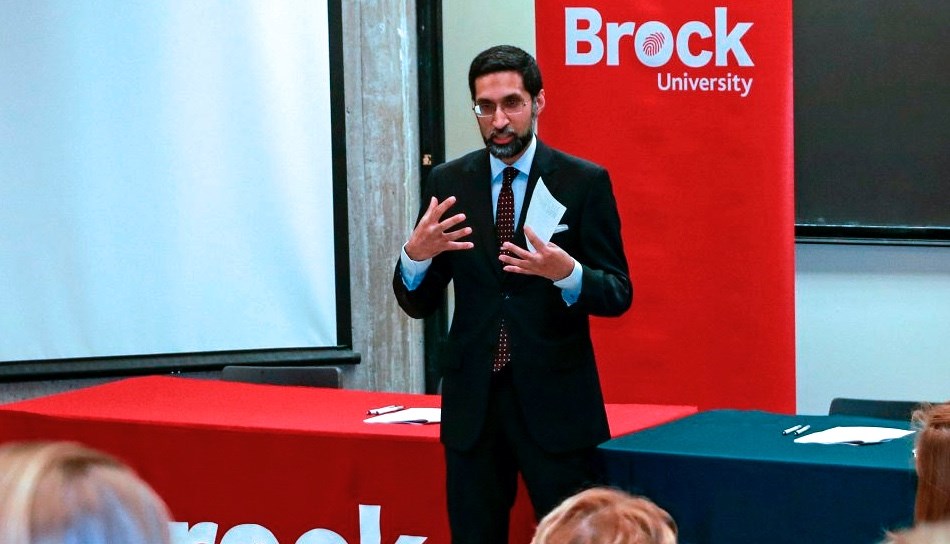With only a single new case over the three-day weekend, and a couple on Tuesday, Niagaras COVID-19 numbers are looking too good to be true, says the region’s top doctor.
“I am worried that people headed into the long weekend and did not pay attention to how they felt and that we might be missing some cases,” said Dr. Mustafa Hirji to Thorold News.
“They might be people with mild symptoms who are more likely to ignore it when headed into a long weekend when their thoughts are elsewhere. I hope that group will maybe clue in that maybe they are not feeling 100 percent, and that they go to get tested.”
He points to the recent increase in daily cases which, for over a month averaged a couple per day with several ‘zero-days’, but as of two weeks ago started to point upwards to average around 5 cases per day.
The single biggest daily increase came a week ago when 21 cases were reported on a single day.
In the same week, over half of the region’s cases were found in Niagara Falls, which has come under criticism for not shutting its popular Clifton Hill down from droves of tourists coming in from the GTA.
Images posted online over the weekend shows another set of busy days for vendors and attractions in the area with big crowds congregating.
While some improvements like wider use of face masks and decals have been noted since a viral video put the spotlight on the issue, Dr. Hirji said there is a real risk that Niagara Falls becomes a provincial hotbed for the infection.
“A lot of Canadians are traveling to Niagara for their vacation. We have seen big flare-ups in places where there have been big gatherings with the potential to infect dozens or hundreds of people. When they then travel back we will have exported COVID-19 across the country. It would be a terrible reflection of our community.”
He says businesses need to do more to encourage compliance with public health recommendations, suggesting broadcasted public service announcements from loudspeakers to remind visitors to space out in lines.
Should the educational aspect continue to fail, Hirji said, bylaw enforcement needs to scale up its response and issue fines.
“This is a shared responsibility. We need everyone to be speaking with one voice about the importance of doing the things that we know limit the spread of the infection; washing your hands, wearing a mask, and keeping physically distant when possible. The last thing anyone needs is for Niagara to become an epicenter, and for businesses to have to shut down again.”



